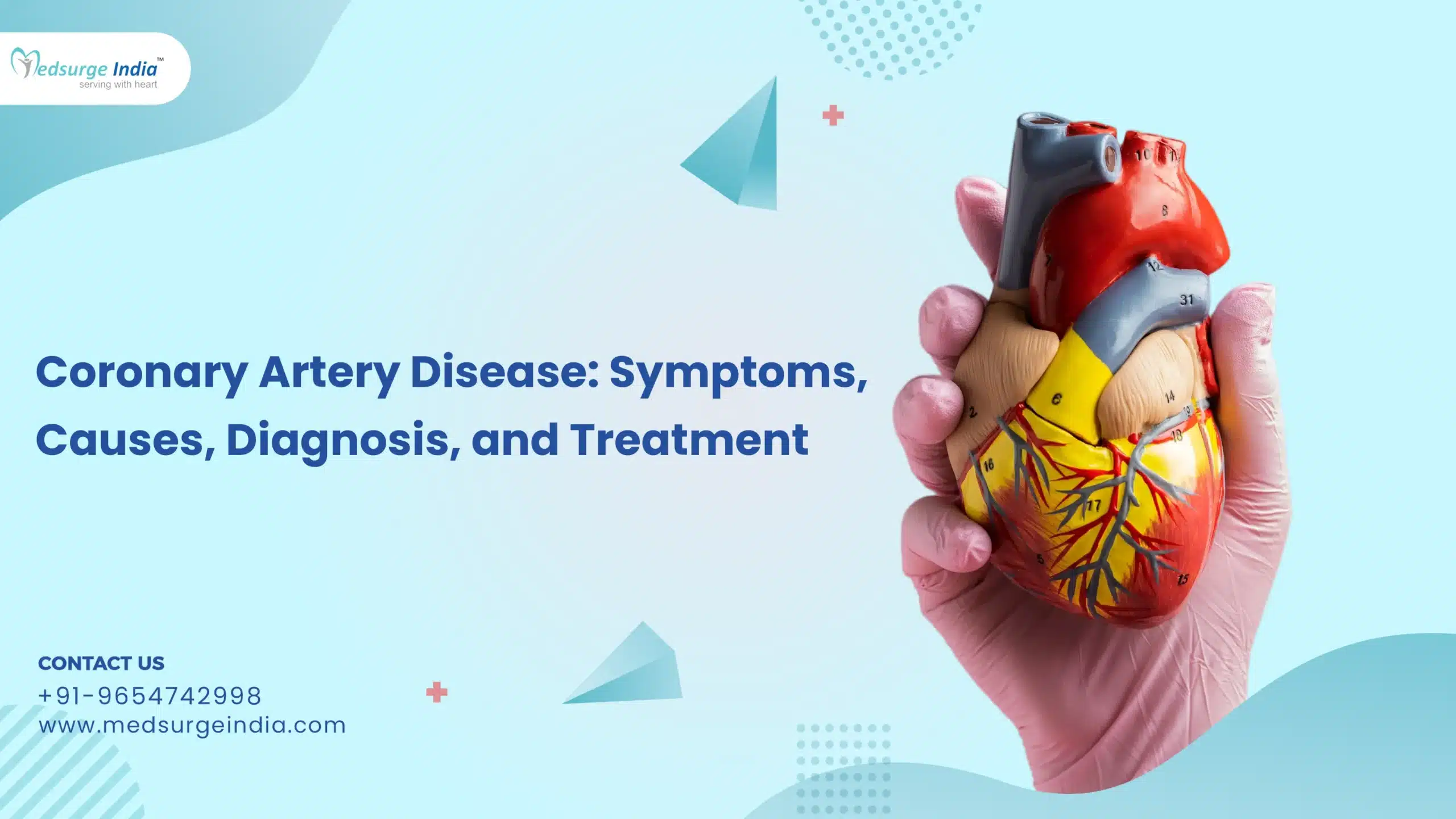
The Role of Cryotherapy in Cancer Treatment
Cancer, a formidable disease that has touched the lives of millions worldwide, continues to be a major concern for medical researchers and practitioners. In the quest for effective treatments, various innovative therapies have emerged, one of which is cryotherapy.
Cryotherapy kills cancer cells by subjecting them to very low temperatures. The purpose of cryotherapy is to eliminate cancer cells by freezing them. In order to treat skin cancer, the doctors apply liquid nitrogen to the affected area.
The physician uses a small probe (stick) known as a cryoprobe to detect malignancies inside the body. One or more cryoprobes are inserted by the doctor near or inside the cancerous or abnormal cells. The liquid nitrogen used to freeze the cancer cells is connected to the cryoprobe.
This blog post explores the use of cryotherapy in cancer treatment, shedding light on its benefits and potential applications.
What Is Cryotherapy
Cryotherapy, also known as cryosurgery or cryoablation, is a medical procedure that involves the use of extremely cold temperatures to destroy abnormal or cancerous cells. The process typically utilizes liquid nitrogen or argon gas, which is applied directly to the affected area. As the temperature drops, the cell’s cytoplasm freezes, causing irreversible damage to the cell membrane and ultimately leading to cell death. For such cryotherapy is useful for cancer treatment.
Cryotherapy can be used to treat
- Cervical aberrant cells
- the basal cell skin cancer
Cryotherapy has been demonstrated to be safe to use for a number of additional cancer types, including:
- Bone cancer
- Cervical cancer
- Liver cancer
- Prostate cancer.
- Malignant cells in the cervix, which is the uterus’s lower end.
- Precancerous skin conditions and early-stage skin cancers, including squamous cell carcinoma and basal cell carcinoma.
- Retinoblastoma
- Skin problems include warts, skin tags, or dark areas.
Read about Cancer Treatment in India.
How Cryotherapy Works
A healthcare professional uses cryotherapy to treat aberrant tissue using extremely cold temperatures. Because of the extreme cold, cells can’t survive and eventually perish. Your doctor may employ a variety of substances to produce the extreme cold required for cryotherapy. These chemicals may consist of:
- Liquid nitrogen.
- Liquid nitrous oxide.
- Argon gas.
Benefits of Cryotherapy in Cancer Treatment
1. Targeted Treatment: Cryotherapy offers the advantage of precise targeting. By focusing on specific areas, such as tumors or abnormal tissue growth, it minimizes damage to surrounding healthy cells, reducing the risk of complications.
2. Minimally Invasive: Unlike traditional surgical procedures, cryotherapy is considered a minimally invasive treatment option. It involves smaller incisions or even no incisions at all, leading to reduced pain, fewer complications, and a shorter recovery period.
3. Versatility: Cryotherapy can be used in various cancer types, including skin, prostate, liver, lung, breast, and cervical cancers. Its versatility makes it a valuable tool in an oncologist’s arsenal, allowing for tailored treatment plans.
4. Preservation of Organ Function: In cases where tumors are located near vital organs, cryotherapy can be used to selectively destroy cancer cells while preserving the function of the organ. This can improve the patient’s quality of life and potentially avoid more invasive procedures.
5. Combination Therapy: Cryotherapy can be used in conjunction with other treatments, such as radiation or chemotherapy, to enhance their effectiveness. This combination approach, known as multimodal therapy, has shown promising results in certain cancer types.
Helpful:- Cancer Treatment in India – What are your options Today
Current Applications and Ongoing Research
Cryotherapy has already found success in the treatment of various cancers. For example, in prostate cancer, cryosurgery has emerged as a viable alternative to radical prostatectomy, offering comparable outcomes with fewer side effects. In dermatology, cryotherapy is commonly used for the treatment of skin cancers, including basal cell carcinoma and squamous cell carcinoma.
Ongoing research aims to explore the potential of cryotherapy in other cancer types, such as breast cancer and lung cancer. Studies are investigating its role in reducing the size of tumors before surgical removal, as well as its potential as a palliative treatment to alleviate symptoms in advanced-stage cancers.
Best Cancer Hospitals in India
- Fortis Hospital Gurgaon
- Indraprastha Apollo Hospital New Delhi
- Manipal Hospital Dwarka, Delhi
- Fortis Hospital Noida
- HCG Cancer Centre, Bangalore
- Amrita Hospital, Faridabad
- kauvery Hospital, Chennai
- Apollo Hospitals, Greams Road, Chennai
- BGS Gleneagles Global Hospitals, Bangalore
Bottom Line
Cryotherapy has emerged as a valuable tool in cancer treatment, offering targeted and minimally invasive options for patients. With its ability to destroy cancer cells while preserving organ function and its potential for combination therapy, cryotherapy holds promise in improving treatment outcomes and enhancing the quality of life for cancer patients. As research continues, it is likely that cryotherapy will play an increasingly significant role in the fight against cancer, providing hope for a brighter future.












